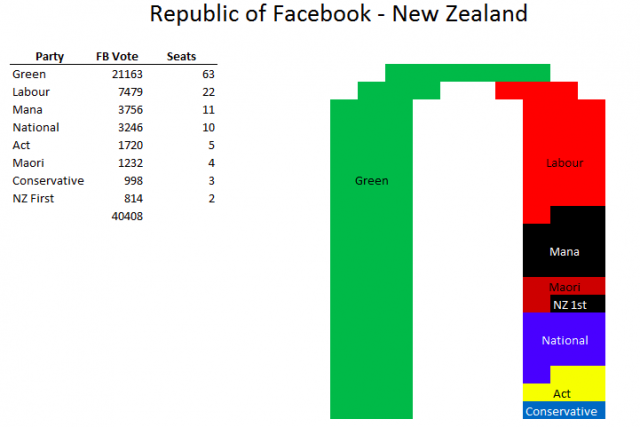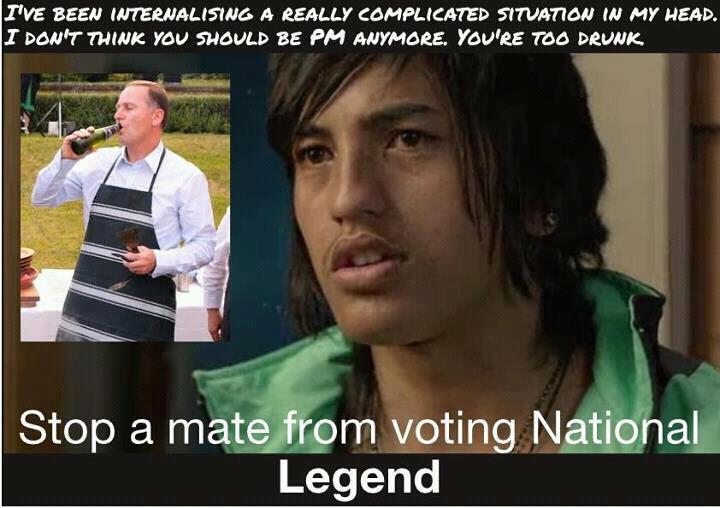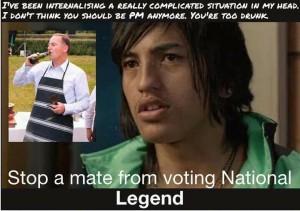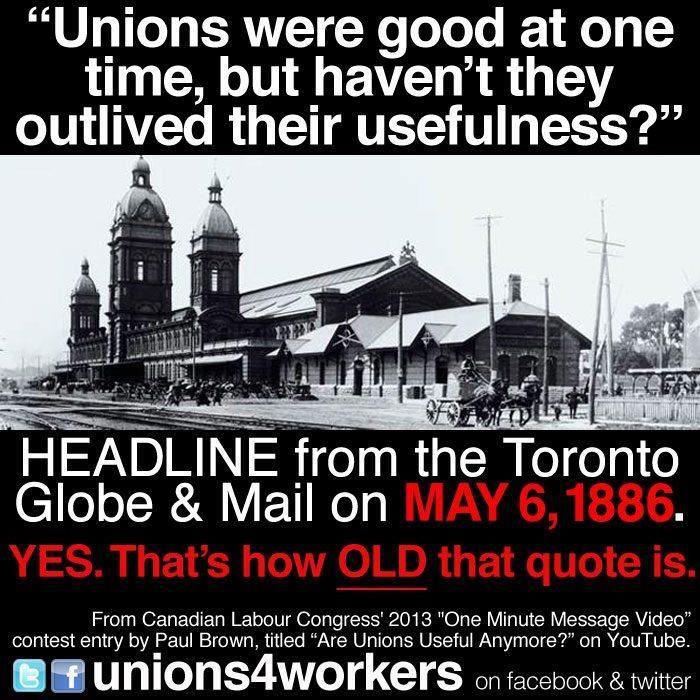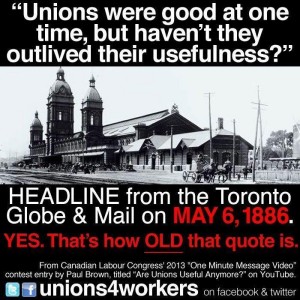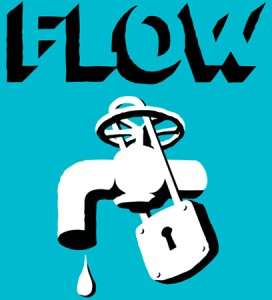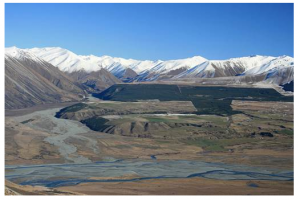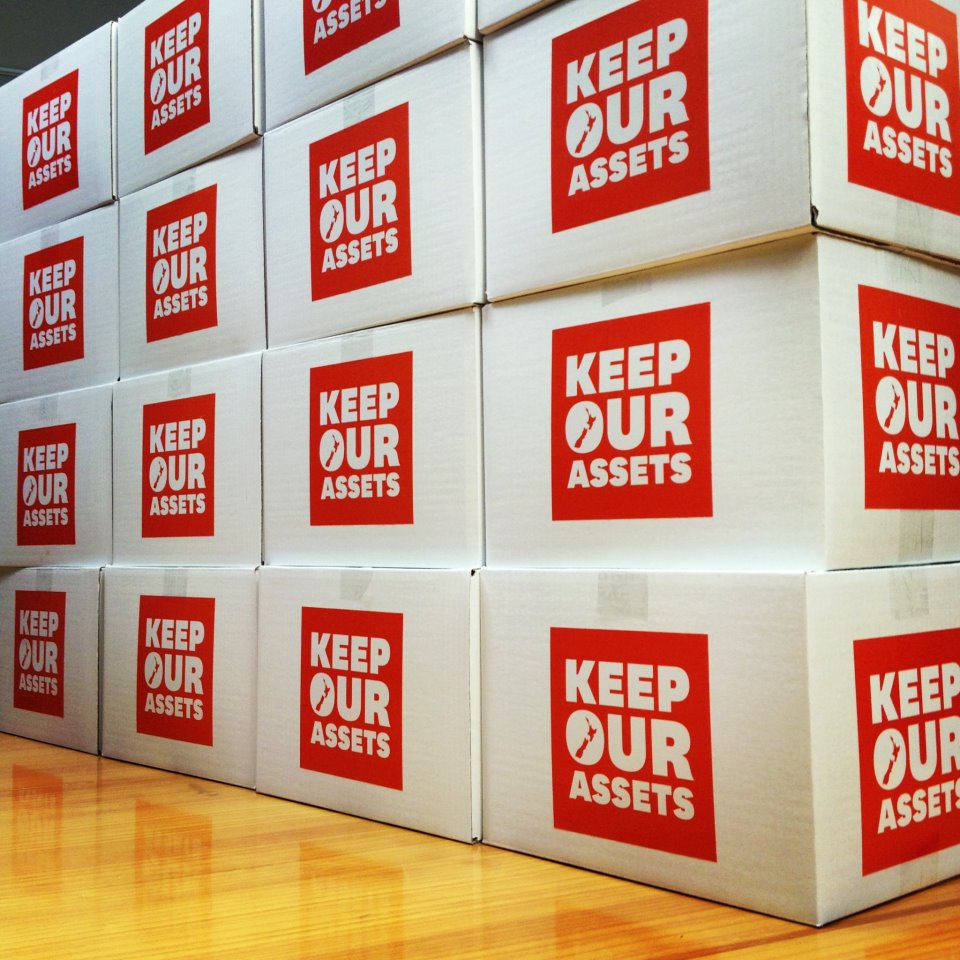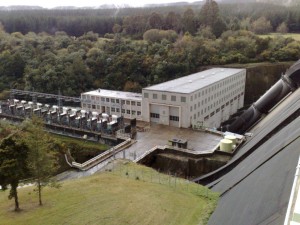I suspect we live in far more dangerous times than many of us on the left realise.
It’s easy to identify our immediate enemy, a government hell bent on pushing its programme of privatisation, pauperisation and grubby exploitation of our natural resources.
But who is there among the other political parties in Aotearoa in 2013 whom we might trust to help take us beyond Key’s privateer’s paradise and forward into a world which all of us can have a hand in making – and sharing?
Labour under Shearer shows few signs of throwing off its legacy of capitulation to a free trade, free enterprise, mow-down-beneficiaries-on-the-way-through agenda, despite its sterling work in some of the socially liberal zones.
The Green Party, while retaining many great policies from its radical heritage – for how long I’m not sure – is equally committed to a ‘traditionally mixed market approach’ as Russel Norman makes clear in a recent interview here on The Daily Blog.
Neither Labour nor the Greens offer alternatives that take us beyond either a return to Keynesian regulation as a prop for stressed local capital or a National-lite neoliberal agenda.
In Europe there’s talk now of ‘post-democracy’, the situation in which ordinary people, even in so called advanced democracies, exert less and less impact on political decision making.
As one recent writer says, ‘Politicians are constrained by the power of capital, and by tangled networks of relationships with business.’
Effectively the social democratic parties are unable to separate themselves and their policies from the business elite in any meaningful manner. Voters throughout the developed world are beginning to recognise this.
The frustration of the dispossessed and the young with conventional social democratic parties boils over into support for parties like the Pirate Party in Germany and Beppe Grillo’s 5-Star Movement in Italy.
These movements are a tangled mix of confused people, policies and ideologies, with a huge faith in the internet and the politics of ‘process’ as a way of achieving democracy. However, perils lurk here too – for example, Grillo’s critics call him more despot than democrat, with undertones of Mussolini, and the Pirate Party is falling apart, in part because of the strains of unfettered, anarchic internet processes which allow for a culture of anonymous hatred and abuse to flourish.
At the same time Guy Standing, recently in New Zealand for the Living Wage Symposium, talks with acute insight about the growth of a new precariat class which is emerging alongside the failure of the social democratic experiment, made up of those facing a life of insecure and unstable employment, with little hope of building any meaningful career and stake in the future.
Standing warns that the precariat is a ‘dangerous’ class, in part because many of its members may easily turn to neofascism if new, forward looking left agendas and organisations aren’t built well, and quickly.
The politics of the Pirate Party and Beppe Grillo are the politics of this same dangerous class on which the establishment social democratic parties have turned their backs.
While we haven’t seen the emergence of such parties here in Aotearoa – yet – I see similar developments in places like the Occupy movement, where a doomed faith in process over ideology seemed to trump the hopeful attempts to build genuine solidarity and kaupapa; in the whole ‘neither left nor right but out in front’ mantra which holds sway among so many Green supporters; and, above all, in the massive non vote in the last election, a sure sign of how irrelevant political parties have become to so many.
The resort to the non vote, or the belief that process means more than what you’re fighting for or whose side you’re on, are threats to attempts to build the kind of genuine participatory democracy I believe so many of us on the socialist, anarchist, ecosocialist – and progressive social democratic – left are yearning for.
It is not too late for the Greens and Labour to develop a politics which is relevant for our people and our time.
The combination of left tangata whenua and tau iwi activists who make up the Mana Movement do offer an embryonic if incomplete voice to the angry dispossessed, but even Mana struggles to shrug off the deadweight of the social democratic heritage of the welfare state and Keynesian economics.
Whichever of these parties we may or may not support and whatever our activist priorities on the front line of various struggles, I reckon the time has come when we on the left in Aotearoa need to start seriously engaging with each other across old sectarian and other lines on some of the big questions.
For example – how might we really build an economic and political pathway that takes us beyond dependence on the institutions of local and transnational capital? Can we begin to tell another story about what a different kind of Aotearoa might look like, in a way that workers at the local PakNSave or the sole mum with five kids down at the Work and Income office might understand? What could real democracy look like if we put our hearts and minds to it? … and much much more.
I am delighted to see the ‘Another World is Possible’ essay competition currently being promoted by the Labour History Project. This is a wonderful example of the sort of thing we should be doing a lot more of – working to conceive, describe – and in the end work together for – a future we really want, instead of the second hand one most of our current political leaders seem to offer.


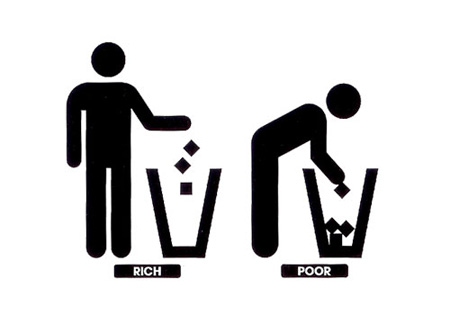

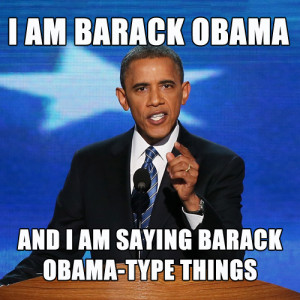
![facebook31-281x160[1]](https://thedailyblog.co.nz/wp-content/uploads/2013/03/facebook31-281x1601.jpg)
![facebook31-281x160[1]](https://thedailyblog.co.nz/wp-content/uploads/2013/03/facebook31-281x1601-150x150.jpg)
